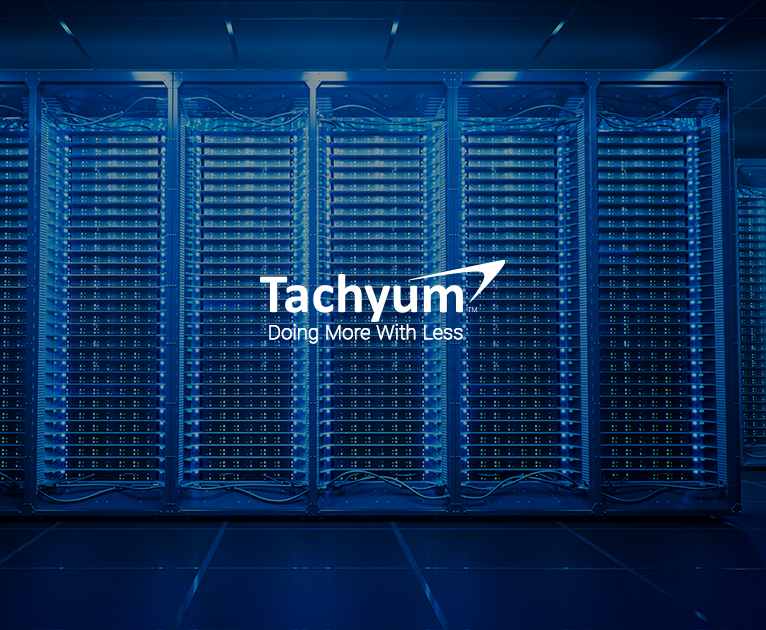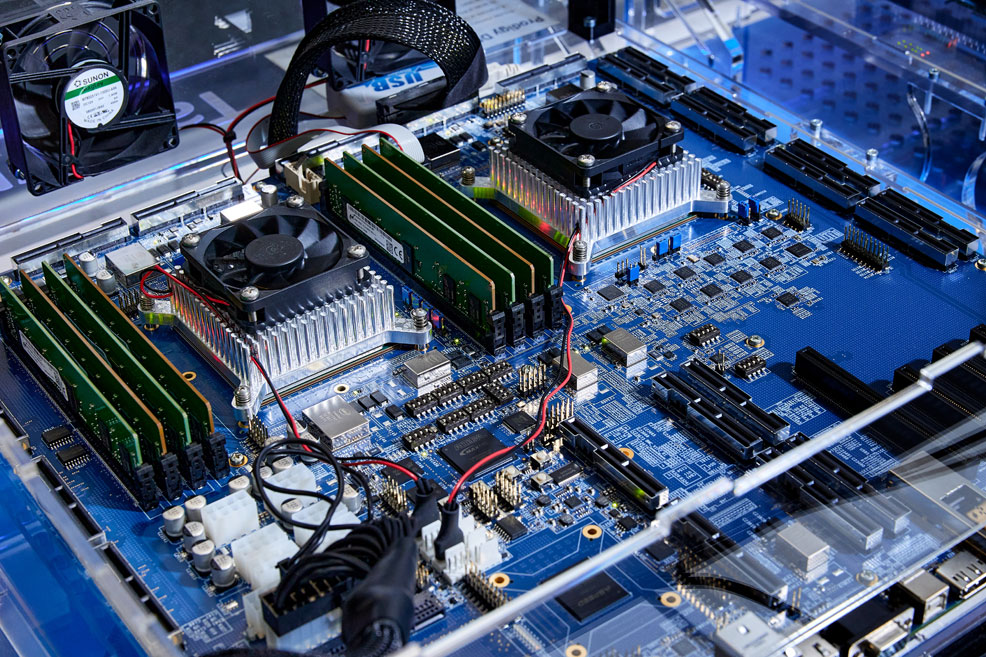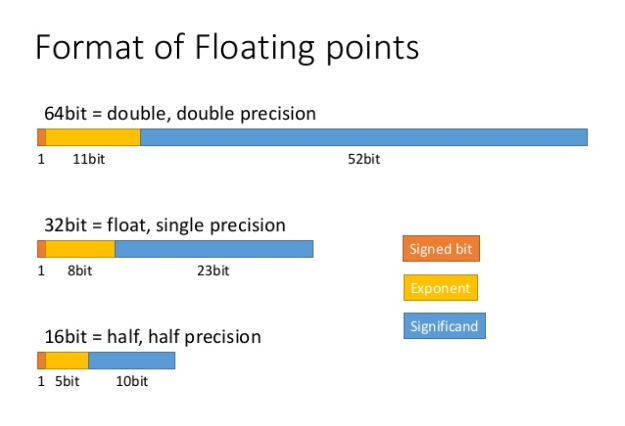
11th October 2023 50 exaFLOPS supercomputer planned for 2025 Chip designer Tachyum has accepted a major purchase order from a U.S. company to build a new supercomputing system for AI. This will be based on its 5 nanometre (nm) "Prodigy" Universal Processor chip, delivering more than 50 exaFLOPS of performance.
Tachyum, founded in 2016 and headquartered in Santa Clara, California, claims to have developed a disruptive, ultra-low-power processor architecture that could revolutionise data centre, AI, and high-performance computing (HPC) markets. The company's flagship product is a chip known as Prodigy, which integrates up to 192 cores running at 5+ GHz. This combines the functionality of a CPU, GPU, and TPU into a single processor, allowing it to handle a broad range of workloads, while consuming significantly less power than existing devices. As computing power continues to grow exponentially, energy requirements are rising rapidly too. Artificial intelligence could consume as much electricity as a country the size of the Netherlands by 2027, according to a new study. The Prodigy chip offers a potentially more versatile system that can handle different tasks with greater efficiency, while dramatically reducing energy usage.
This month, Tachyum has announced plans for what could become the world's fastest supercomputer for training AI. An as-yet-unnamed U.S. company has ordered a system from Tachyum that will provide a whopping 50 exaFLOPS. Or put another way: up to 50,000,000,000,000,000,000 (or 50 million trillion) calculations per second. The world's fastest supercomputers are ranked twice yearly on TOP500 and each use a benchmark called LINPACK. This tests performance based on 64-bit floating-point operations (FP64), which are higher precision and are the preferred choice for scientific simulations, or other tasks where accuracy is important. Frontier, for example, became the first "true" exascale machine in May 2022, based on these 64-bit calculations. By contrast, deep learning and other AI models can tolerate a lower precision and tend to employ 16-bit operations like FP16 or BF16. Although lacking the accuracy of FP64, these smaller chunks of data can result in faster computations.
In addition to FP64 and FP32, Tachyum's new supercomputer will support 16-bit formats, as well as FP8 and Int8, combining these low precision data types with matrix multipliers to provide an order-of-magnitude performance boost compared with existing solutions. The system will take advantage of the Prodigy chip's compression techniques such as "super sparsity" to reduce complexity and memory requirements, greatly improving the speed and efficiency of neural networks. "As a Universal Processor, providing utility for all workloads, Prodigy-powered servers can seamlessly and dynamically switch between computational domains – such as AI/ML, HPC, and cloud – on a single architecture," the company explained in a statement. "By eliminating the need for expensive dedicated AI hardware and dramatically increasing server utilisation, Prodigy reduces capital and operating expenditure significantly while delivering unprecedented performance, power, and economics." Tachyum claims that this versatility will enable its machine to handle the equivalent of 25,000 models the size of OpenAI's GPT-4. It will feature hundreds of petabytes of DRAM. Installation is expected to begin shortly, with full capacity reached in 2025. "The unprecedented scale and computational power required for this installation simply could not be provided by any chip manufacturer on the market today," said Radoslav Danilak, founder and CEO of Tachyum. "While there are startups receiving billions of dollars, based on their promise of achieving similar capabilities sometime in the future, only Tachyum is positioned to deliver the capability to economically build order-of-magnitude bigger machines that potentially enable the transition to cognitive AI, beginning later this year. This purchase order is a testament to our first-to-market position and our ability to provide a positive impact to worldwide AI markets."
Comments »
If you enjoyed this article, please consider sharing it:
|









